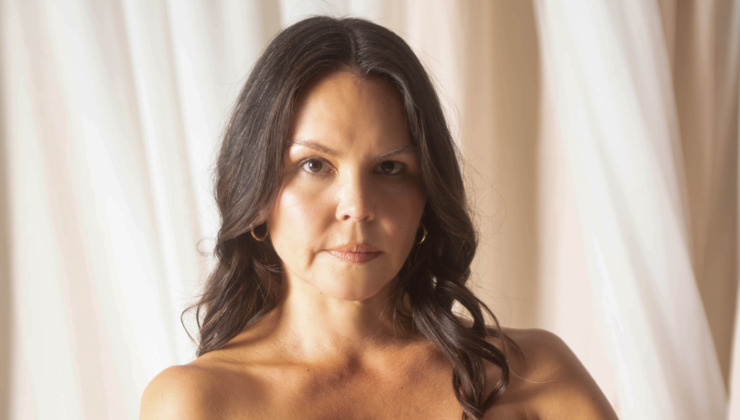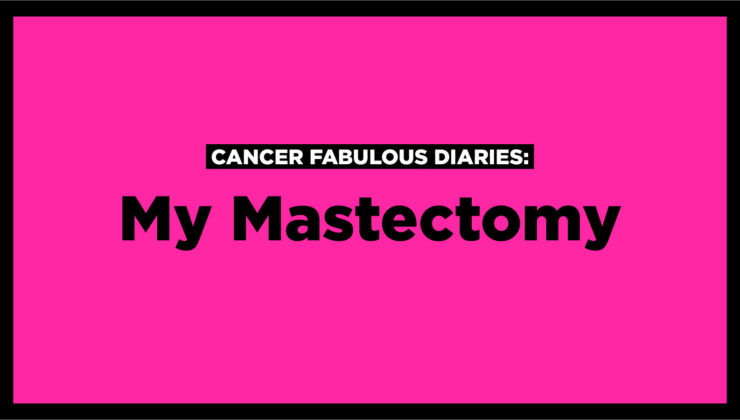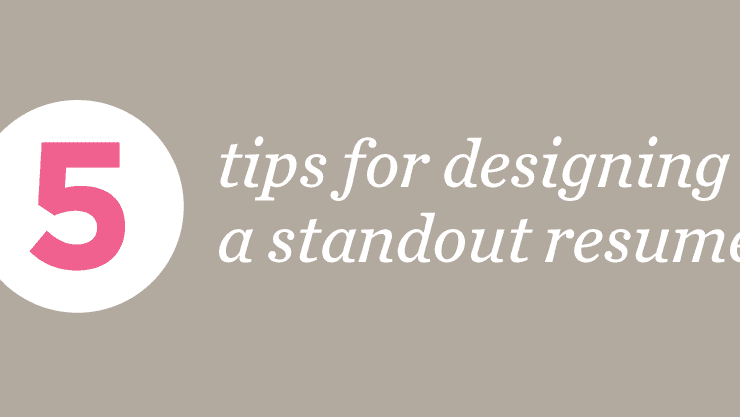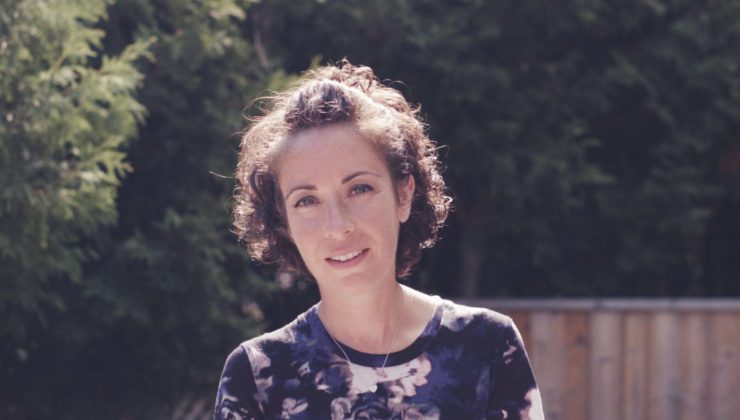How To Cope With Brain Fog

You might be familiar with the terms chemo brain or chemo fog. But did you know that forgetfulness and fogginess aren’t only tied to cancer treatment? We asked Heather Palmer (a specialist in brain behaviour relationships) her thoughts on cancer-related brain fog and how to deal.
Photo via @thewwclub
If it’s not from the chemo, then what is brain fog?
Just to be clear, we’re not saying that brain fog can’t be a result of cancer treatments like chemotherapy. However, there tends to be a misconception that brain fog is only from treatment. And this isn’t always the case. Heather puts it this way: brain fog is a constellation of cognitive changes that result from any aspect of the cancer journey. These kinds of cognitive changes can happen to anyone, especially when they’re tired, in pain, or worried. So, for people going through cancer, these changes and challenges are often intensified.
Young + Forgetful: It’s a hard pill to swallow.
According to Heather one of the biggest challenges for young people facing brain fog is getting used to it. The expectations that we place on our brains are usually a lot different when we’re younger. So, the need to write things down, pay more attention, and ask for help can come as a big surprise. However, just because it’s a hard pill to swallow, doesn’t mean it’s impossible. Below are some strategies (for patient and caregiver!) to use when tackling brain fog.
3 strategies for coping with brain fog:
1. Slow Down

IF YOU HAVE BRAIN FOG… you’re less likely to be disappointed or frustrated if you lower your expectations of what you can handle. Give your brain a chance to process at it’s own speed. Heather puts it this way: “the goal should not be to get back to the way you were, rather get back to doing as well as you did before – even if it means doing it a different way.”
IF YOU KNOW SOMEONE WITH BRAIN FOG… don’t assume that they’re purposefully being forgetful or that they just don’t care. Try your best to understand that their brain just isn’t working the same way it used to. This means adjusting your expectations for what they can handle and accepting these changes.
2. Make Assumptions

IF YOU HAVE BRAIN FOG… this is the one time in life it’s actually good to make assumptions! Assume that you’re going to forget something. By doing this, you’re more likely to plan ahead and prevent it from happening (ie/ making a list or setting a reminder in your phone). Heather calls this “front-end loading.” If you take the time at the “front end,” you will save yourself the mistakes in the “back end.”
IF YOU KNOW SOMEONE WITH BRAIN FOG… assume that they’re going to forget things too! But take it one step further by helping them plan ahead. Remind them about upcoming appointments or help them set up a weekly calendar. If you find yourself struggling with what to say to someone in your life who has cancer, lending a helping hand like this can speak volumes during this time of change in their life. (Click here for more acts of service you can do for someone you know with cancer!)
3. Give It Time

IF YOU HAVE BRAIN FOG… be patient with yourself. Understand that accepting these changes, figuring out the strategies that work best for you, and putting them into practice so they become second nature will take time. Heather suggest starting small. Start by documenting the mistakes that keep occurring and try to find possible trends. Once you do this, it’ll be easier to put relevant solutions and strategies in place to prevent them from happening again.
IF YOU KNOW SOMEONE WITH BRAIN FOG… be patient with them. Understand that they are just as frustrated with these changes as you are – if not more! Be slower to judge and quicker to offer assistance when you can. This too shall pass!

Heather is the founder of Maximum Capacity, a clinic in Bradford, Ontario that helps individuals and groups maintain or improve their cognitive abilities. For over 20 years, Heather has explored the area of brain-behaviour relationships from both scientific and clinical perspectives. For more information on Maximum Capacity and Heather’s story, click here.








